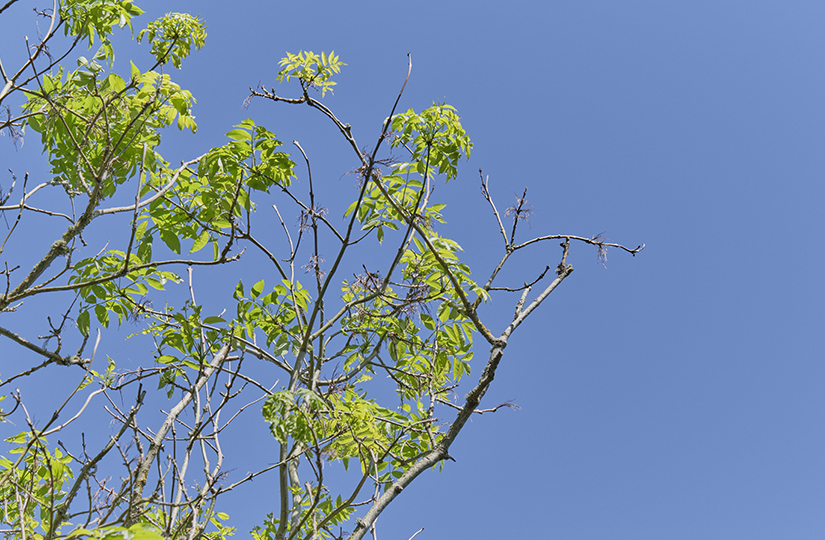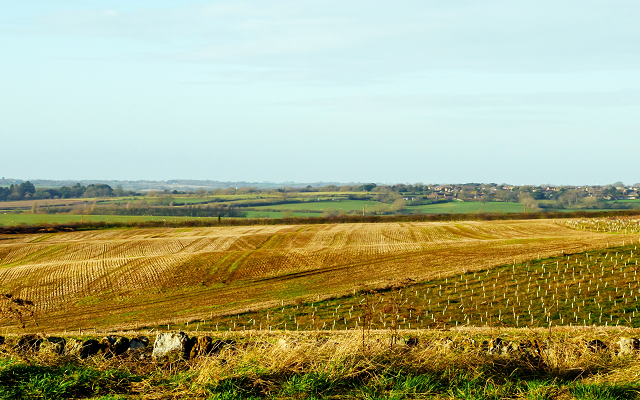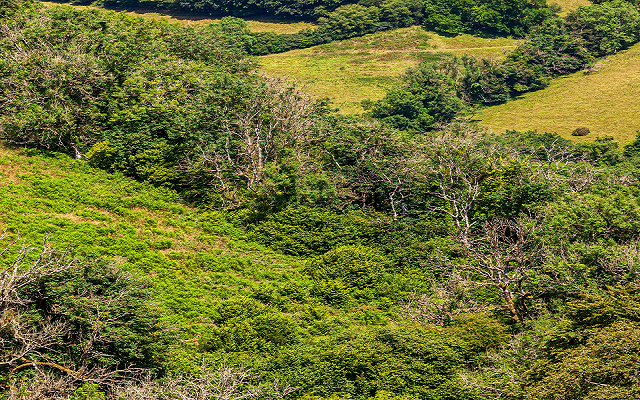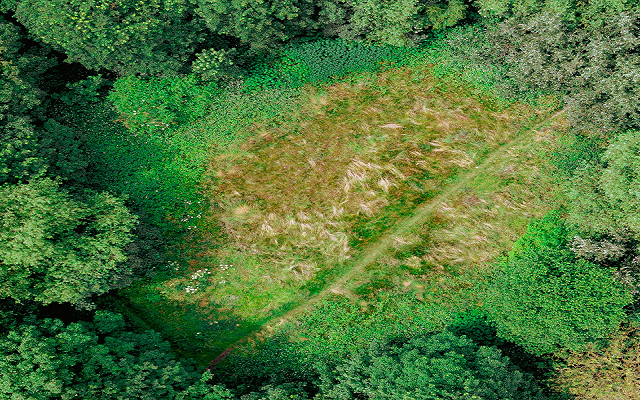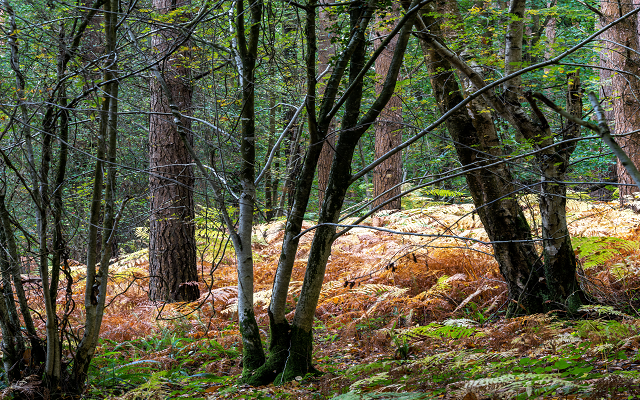Tree Health pilot scheme opens in England
Land managers in England with trees or woodlands affected by some specific pests and diseases may be eligible to take part in a new pilot Tree Health Scheme.
The three-year pilot scheme will initially focus on tackling trees and woodland affected by ash dieback, Phytophthora ramorum in larch or sweet chestnut, sweet chestnut blight and spruce with or at risk of spruce bark beetle.
The support differs to that currently offered through the Countryside Stewardship Tree Health Grant, which continues to be open for applications. A significant difference is the pilot scheme offers support to tackle diseased and infested trees which are situated outside of woodlands, for example in hedgerows and by roads. It also offers more support for the felling of trees and new maintenance grants following restocking.
The pilot scheme will be open to about 100 people and groups in target areas of the North West, West Midlands, London and the South East of England.
Some of these will be invited to take part by the Forestry Commission, but Defra is also inviting landowners who think they may be eligible to submit an expression of interest.
Successful applicants will get a grant to help pay for some of the costs of carrying out work to remove and replace diseased trees.
Eligibility for Tree Health Scheme
The pilot is focusing on the following regions of England:
- North West: primarily targeting Arnside and Silverdale Area of Outstanding Natural Beauty (AONB) and the Lake District National Park
- South East and London: primarily targeting Kent and East Sussex
- West Midlands: primarily targeting the Malvern Hills AONB and Shropshire Hills AONB
Defra has said it will consider expressions of interest from people outside a primary target area, but within an eligible region, if the application significantly contributes to the learning from the pilot.
If a landowner decides to submit an expression of interest, the Forestry Commission will carry out an initial assessment and site visit to assess the trees and woodland. It will decide if the applicant will be invited to make a full application.
Landowners should be aware that if the Forestry Commission find a notifiable pest or disease in any trees during a visit, the landowner may be issued with a Statutory Plant Health Notice (SPHN). This means they will be legally required to deal with the pest or disease problem, even if they do not receive funding as part of the pilot.
What is eligible for funding?
The grant funding available does vary according to the tree species and activity, and may be based on a percentage of actual cost or a standard cost.
For example, there are no grants for felling trees with ash dieback, but support is available to help with 60% of the standard cost of road closures and with restocking and maintenance.
Up to £5,000/ha is available for restocking ancient woodlands, or £3,900/ha for other sites, plus a maintenance grant of £200/ha annually for three years.
Applications for the ash dieback grant must also come from a group – for example a group of neighbouring landowners would need to apply together.
